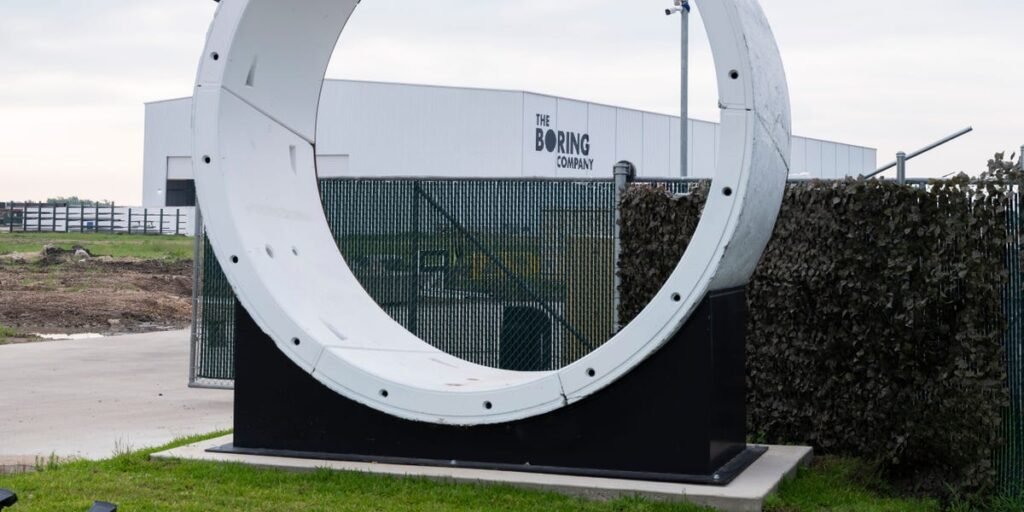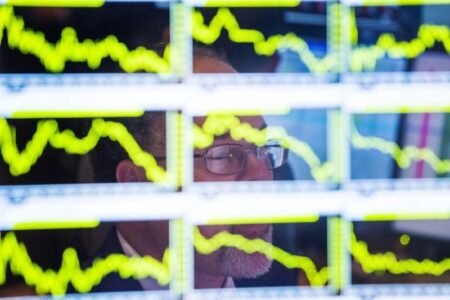Elon Musk’s construction company, The Boring Company, has turned Texas’ “incredible vistas” into “gravel mines,” a longtime resident told The Times of London.
“I could start crying just talking about it,” Erin Flynn, a 62-year-old sixth-generation Texan who lives in Bastrop, told the outlet.
“It is beyond heartbreaking,” she added.
According to The Times, Musk moved his tunnel-building venture to Bastrop, a rural town of about 12,000 people located 30 miles east of Austin, in 2021.
The Wall Street Journal reported in March 2023 that Musk plans to build his own town on thousands of acres of land in Central Texas, envisioning a “Texas utopia” along the Colorado River in Bastrop County. It cited deeds, land records, and people familiar with the project.
The project is bringing billions of dollars in investment and thousands of well-paying jobs to the region, the Times of London reported.
But it is also threatening the generations-old rural way of life, with trucks operating nonstop, earth mounds scattered across the horizon, rock-sorting machines towering over the trees, and cranes moving to and from construction sites, according to the outlet.
Flynn and her husband said their corner of Texas is being wrecked not only by Musk’s firms — The Boring Company and SpaceX both have operations in Bastrop — but also by gravel and sand mines that were gradually erected to support the industry’s operations there, per the outlet.
Flynn said she fears what will become of the area if steps are not taken to hold industries in check, per the outlet.
“There’s a lot of freedom — people come to Texas for the freedom — but you have to respect your neighbor,” she said, adding: “There is a fundamental lack of respect and a lack of communication. You’re just being bullied.”
The Boring Company didn’t immediately respond to a request for comment from Business Insider.
Last year, the Texas Commission on Environmental Quality said it had opened investigations into The Boring Company after receiving three complaints regarding the Bastrop site’s handling of wastewater and concrete production.
In February, Tesla, another company owned by Musk, which has a 2,500-acre property on the outskirts of Austin, applied for an exemption from the city’s “extraterritorial jurisdiction,” which allows it to regulate developments outside city limits.
The city’s planning department approved it in March, meaning Tesla’s massive gigafactory would no longer have to follow local environmental regulations.
Read the full article here

















